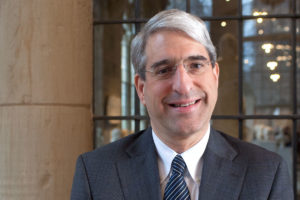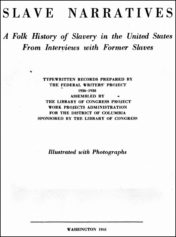Just as Yale University is preparing this weekend to celebrate the inauguration of the school’s 23rd president, Peter Salovey, the university community was shocked to learn that racially-charged graffiti was written in a bathroom inside the prestigious school’s African American Studies department.
University officials and campus police are investigating the origins of the graffiti, which featured the words “Race War Now” in a second-floor bathroom at the department’s headquarters at 81 Wall Street in New Haven, Conn.
Department chair Jonathan Holloway send out an email on Oct. 11 to members of the African American Studies department, characterizing the act as “racially offensive,” according to a story in the Yale Daily News.
“From the experiences I’ve garnered through living on campus for most of the last decade I believe that this will be a one-time act of stupidity,” said Holloway, who is also the Master of Yale’s Calhoun College, one of the university’s 12 residential colleges that serve as the center of undergraduate student life.
After thanking the department for their support and alertness, Holloway said the incident “reminds me—again—that in this allegedly post-racial age we all still have work to do.”
The facilities department has since removed the graffiti.
Salovey, Yale’s new president, and Holloway also sent a joint email on the morning of Oct. 11 to faculty in the African American Studies Department informing them of the incident.
“The sentiment expressed is repugnant, and antithetical to our university’s values and beliefs. As we look forward to an inauguration weekend that celebrates all of Yale in its great diversity, we must be mindful of the fact that to threaten or demean even one member of our community threatens and demeans all of us,” the email read.
Yale’s African American Studies Department is considered one of the most well respected in the country, serving as the training ground for such famous scholars and writers as Henry Louis Gates and Gloria Naylor, author of “The Women of Brewster Place.”
In an interview with the Associated Press, Salovey said one of his top priorities will be a plan to build two new residential colleges, the university’s largest expansion in more than 50 years, enabling the school to admit about 15 percent more students each year. This would bring the school’s total undergraduate enrollment to about 6,100, up from 5,300. In the incoming class of 2017, there were 1,360 students from a record applicant pool of 29,610.
“I’m very committed to enlarging our undergraduate college,” he said. “I believe quite strongly that there are talented students very deserving of a Yale college education who aren’t getting in. There are many.”
Salovey also said he wants to step up efforts to recruit more top students from less affluent parts of the country, especially rural areas, citing research from economists showing that many top students from poorer backgrounds don’t apply to colleges such as Yale.
“I’m very interested in reaching out into those communities and finding the very top students from them and giving them an opportunity to study at Yale,” Salovey said.



